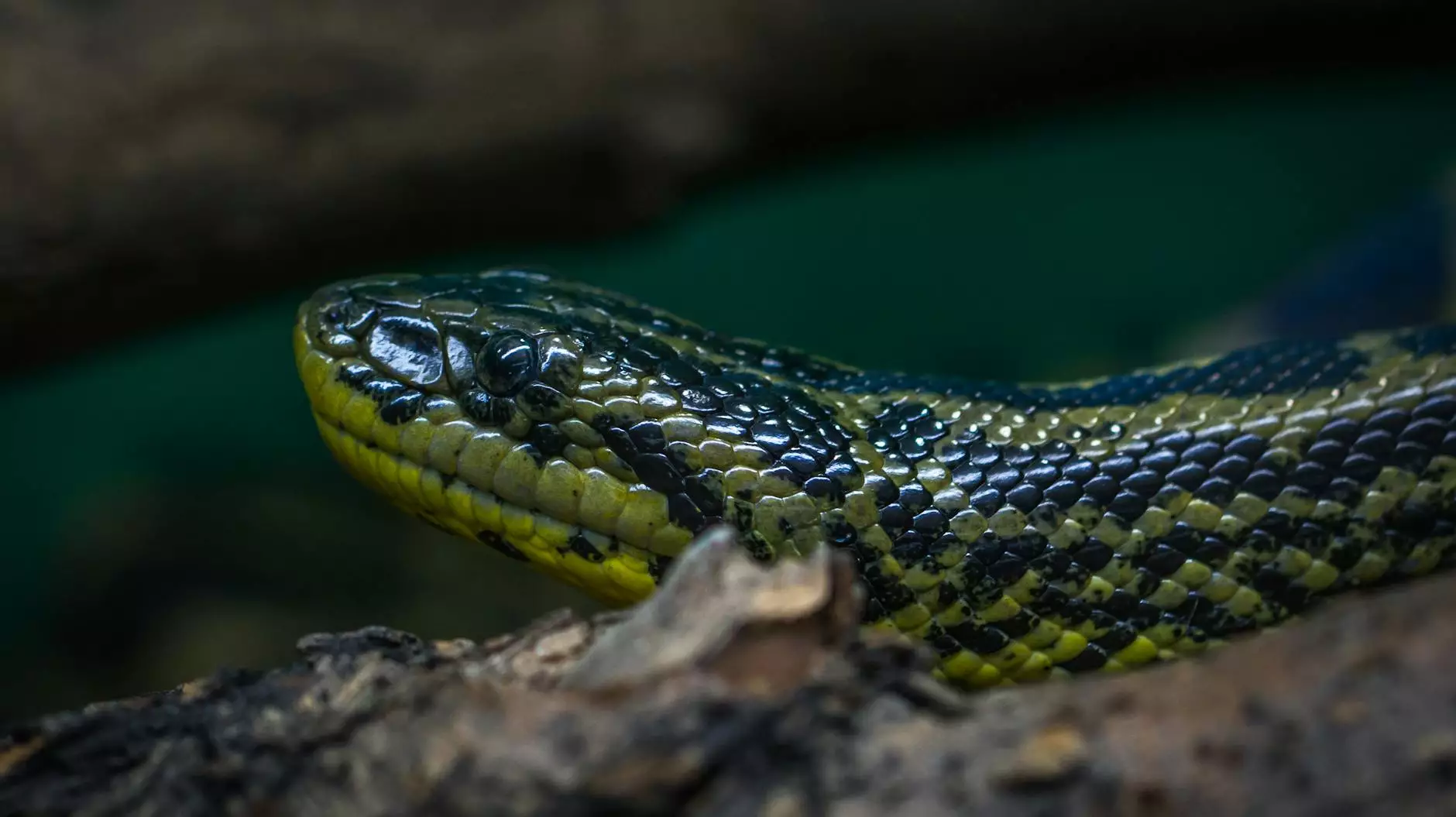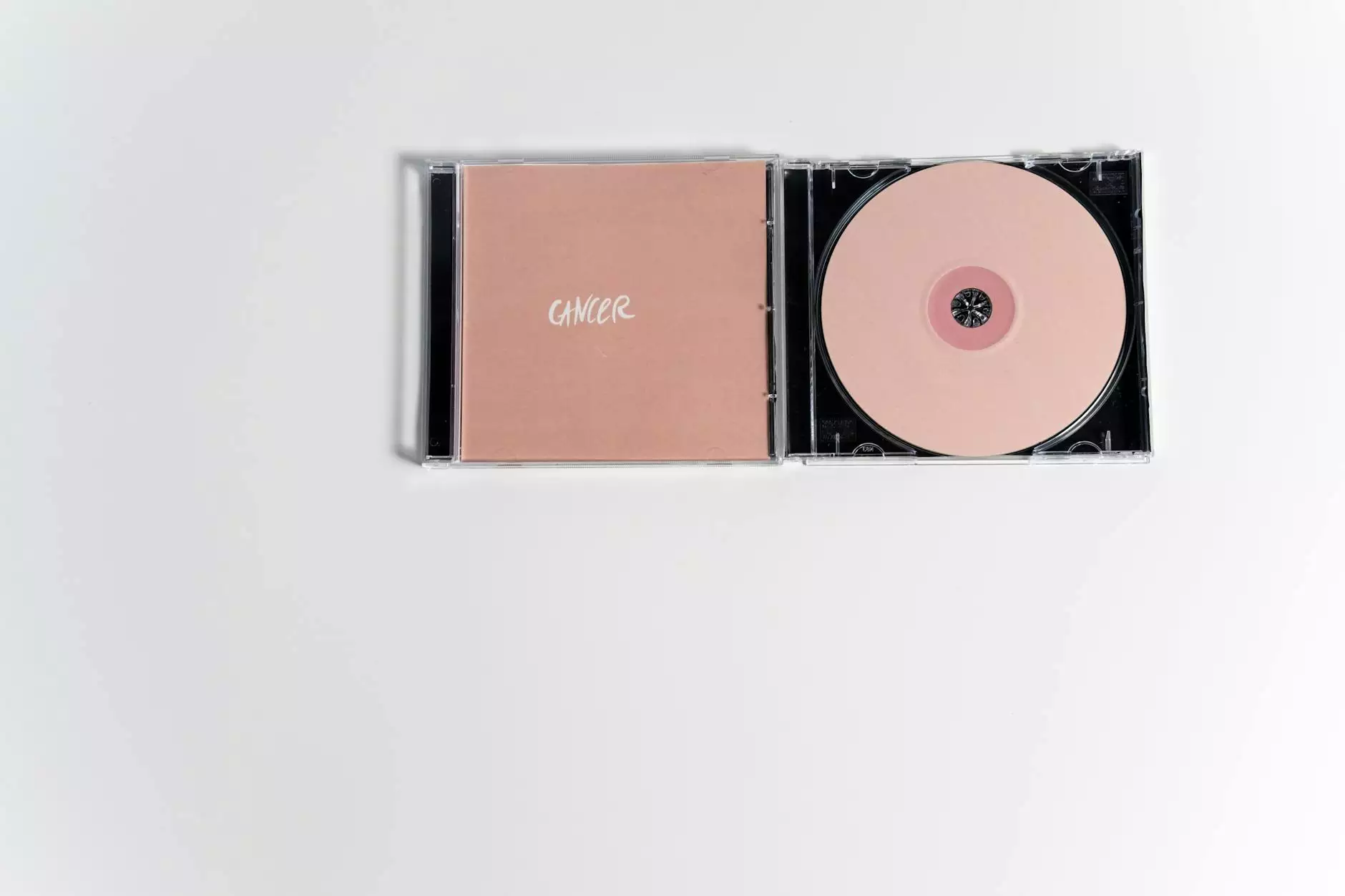Where to Buy Pet Snakes: The Ultimate Guide

If you're interested in embracing the unique world of reptiles, buying a pet snake could be an exciting adventure. Snakes, with their intriguing behavior and striking appearances, are becoming increasingly popular as household pets. However, finding a reliable source to purchase pet snakes is crucial to ensure both the health of the animal and the satisfaction of your new pet-owning experience. This comprehensive guide covers everything you need to know about where to buy pet snakes, from reputable sources to snake care tips.
Understanding the Popularity of Pet Snakes
Before diving into where to buy pet snakes, it’s important to understand why snakes have become popular pets. Here are a few reasons:
- Low Maintenance: Compared to traditional pets like dogs and cats, snakes require less attention and maintenance.
- Space Efficiency: Snakes don’t need large spaces; a well-maintained terrarium is often sufficient.
- Fascinating Behavior: Observing snakes can be mesmerizing, as they display unique behaviors not found in mammal pets.
- Variety: With numerous species and morphs available, pet owners can choose a snake that appeals to their aesthetic preferences.
Choosing the Right Snake Species
Before you learn where to buy pet snakes, deciding on the type of snake is essential. Here are some popular species that make great pets:
1. Ball Python
The ball python is one of the most recommended pet snakes for beginners due to its calm demeanor and manageable size. They typically grow to about 3-5 feet in length and have a variety of color morphs that are visually stunning.
2. Corn Snake
Corn snakes are another great option, known for their friendly nature and hardiness. They are easy to handle and can live for over 20 years with proper care.
3. Boa Constrictor
For those looking for a larger snake, the boa constrictor can be an appealing choice. They require more space and handling expertise but are generally well-tempered.
4. King Snake
King snakes are available in many colors and patterns and are known for being relatively easy to care for, making them a popular choice for both novice and experienced snake owners.
Where to Buy Pet Snakes
Now that you have a better understanding of what type of snake to own, it’s time to explore where to purchase one. Here are the best options for finding a healthy and happy pet snake:
1. Reputable Pet Stores
Local pet stores can be a good place to buy pet snakes, especially if they focus on reptiles. Look for stores that:
- Offer a variety of snake species.
- Have clean and well-maintained terrariums.
- Provide clear care information and support.
- Are knowledgeable and can answer your questions about snake care.
2. Specialized Reptile Shops
In addition to general pet stores, specialized reptile shops are another fantastic option. These shops often have a wider selection of snakes and can provide expert advice tailored to snake owners.
3. Reputable Breeders
Buying directly from reputable breeders is often the best way to ensure you’re getting a healthy snake. When considering a breeder, keep the following in mind:
- Visit their facility to observe the living conditions of the snakes.
- Ask about their breeding practices and care for their reptiles.
- Request references or testimonials from previous customers.
4. Online Retailers
Many websites specialize in selling reptiles, including buyreptiles.com.au. When purchasing online, ensure that you:
- Check reviews and ratings of the sellers.
- Understand the shipping process, as snakes can be sensitive to temperature during transport.
- Inquire about the health guarantees and return policies.
5. Local Reptile Shows
Attending local reptile expos or shows can be an exciting way to buy a pet snake. These events often feature various vendors who specialize in reptiles, offering opportunities to:
- See multiple snake species in person.
- Ask questions and learn directly from breeders and experts.
- Network with other reptile enthusiasts and gather resources.
Legal Considerations When Buying a Pet Snake
Before purchasing a snake, it’s important to consider any legal regulations regarding snake ownership in your area:
- Check Local Laws: Some states or municipalities may have restrictions on certain species due to invasive species regulations or bans.
- Obtain Permits: If required, make sure to obtain the necessary permits to own exotic pets.
- Consider Ethical Concerns: Ensure that you are buying from sources that do not contribute to illegal wildlife trade.
Setting Up Your Snake's Habitat
Once you have decided where to buy pet snakes and have a new snake, setting up a suitable habitat is critical for its wellbeing. Here are some key components to consider:
1. Enclosure Size
The size of the enclosure should depend on the type of snake you own. A general rule is that the enclosure should be at least the length of the snake. Here are some size guidelines:
- Ball Python: 40-75 gallons
- Corn Snake: 20-40 gallons
- Boa Constrictor: 75-120 gallons
- King Snake: 20-40 gallons
2. Substrate
Choosing the right substrate is essential for maintaining humidity and providing a comfortable environment. Options include:
- Aspen shavings
- Reptile carpet
- Coconut fiber (coir)
- Paper towels (for easy cleaning)
3. Temperature and Humidity Control
Snakes are ectothermic, meaning they rely on their environment to regulate their body temperature. Use heat lamps or under-tank heat pads to maintain:
- Warm Side: 85-92°F (29-33°C)
- Cool Side: 75-80°F (24-27°C)
- Humidity: Varies by species (generally 40-70%), often requiring a hygrometer to measure.
4. Hiding Spots
Provide several hiding spots using items such as caves, logs, or commercial hides to help your snake feel secure.
5. Water Source
Always provide a clean water bowl large enough for your snake to soak in. This will help with hydration and shedding.
Feeding Your Pet Snake
Feeding your snake appropriately is vital for its health. Snakes typically eat:
- Rodents: Mice, rats, or other small mammals.
- Frozen Thawed: It's safer to feed your snake frozen and thawed rodents rather than live prey.
- Feeding Frequency: Varies by age and species; younger snakes may eat every week, while adults may eat every 2-4 weeks.
Regular Health Checks
Regular health checks are accessible for snake owners. Here are some signs of a healthy snake:
- Clear eyes and a clean body.
- Healthy appetite and normal shedding patterns.
- Active behavior and responsiveness during handling.
Should you notice any abnormalities such as lethargy, excess shedding, or unusual lesions, consult a veterinarian who specializes in reptiles.
Conclusion
Buying a pet snake is an exciting journey that requires careful consideration, preparation, and commitment. Understanding where to buy pet snakes ensures you find a healthy snake while setting up the right environment allows you to forge a strong bond with your new pet. Always prioritize ethical sourcing and proper care to enjoy your new reptilian companion for years to come. Happy snake keeping!








